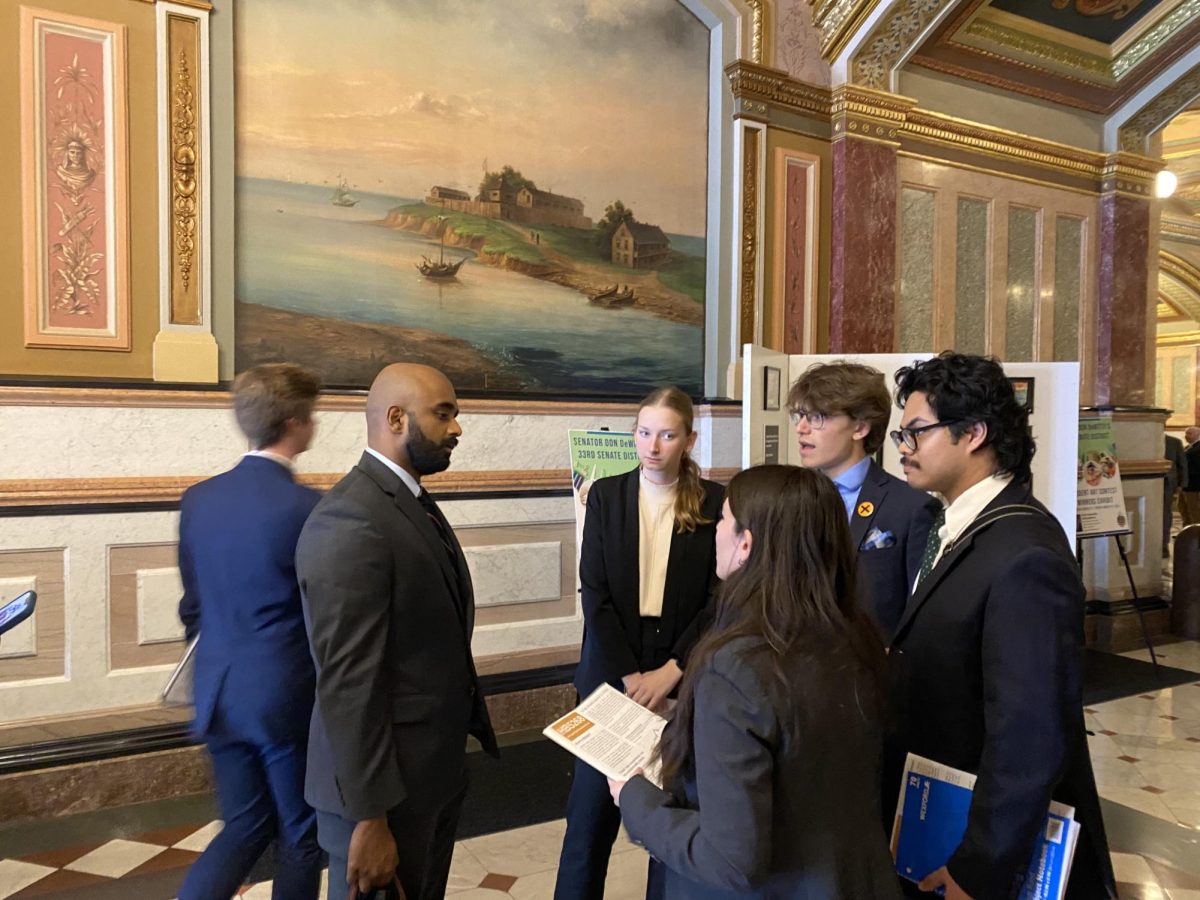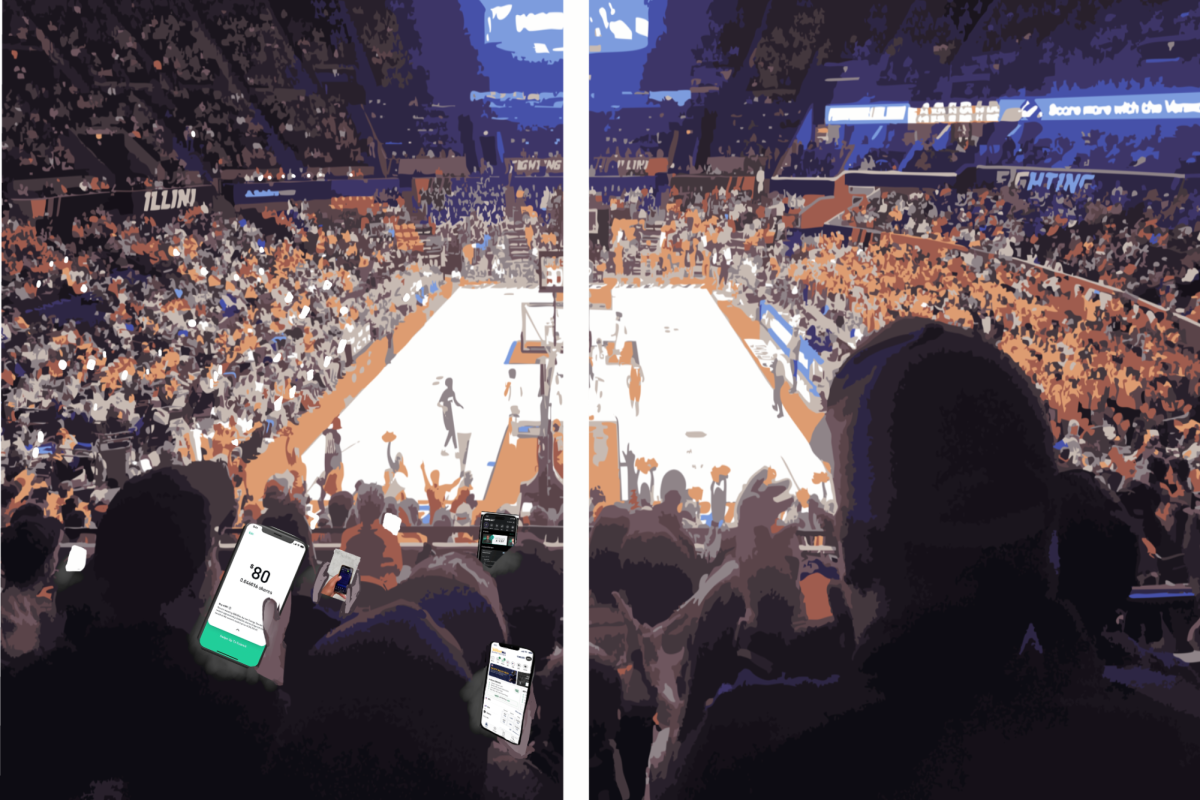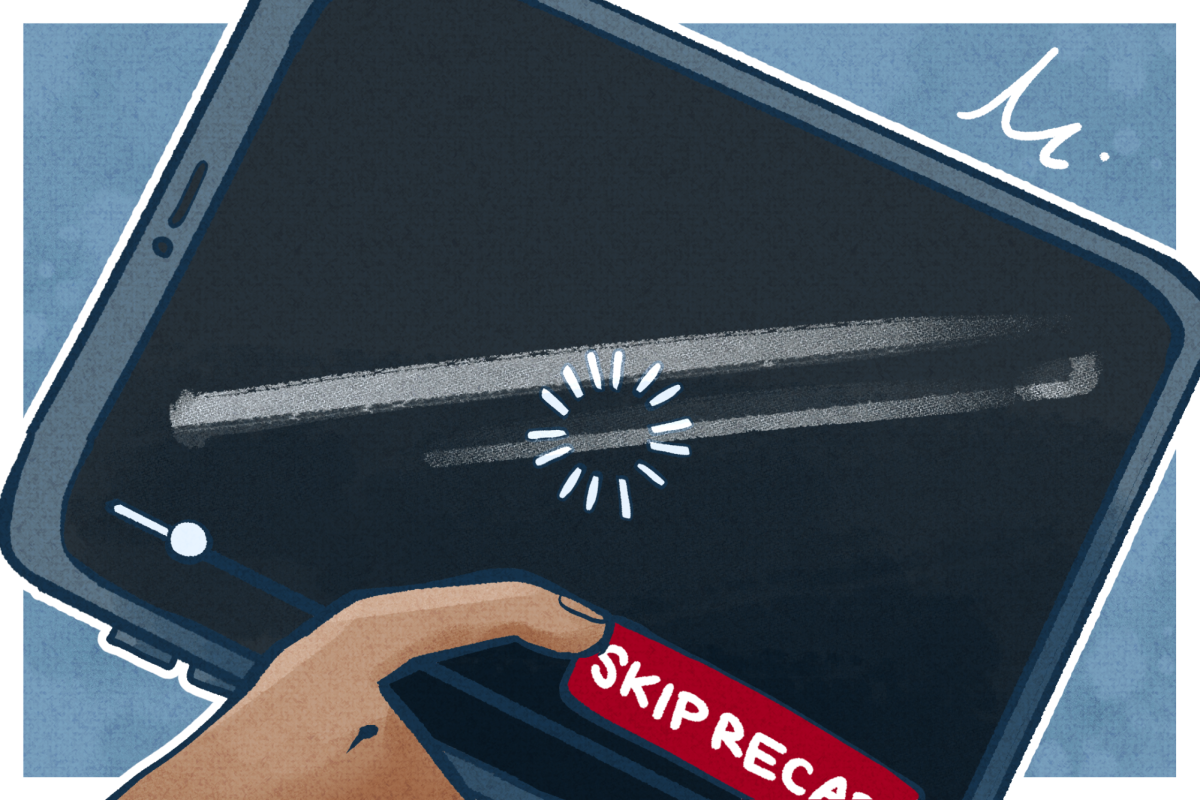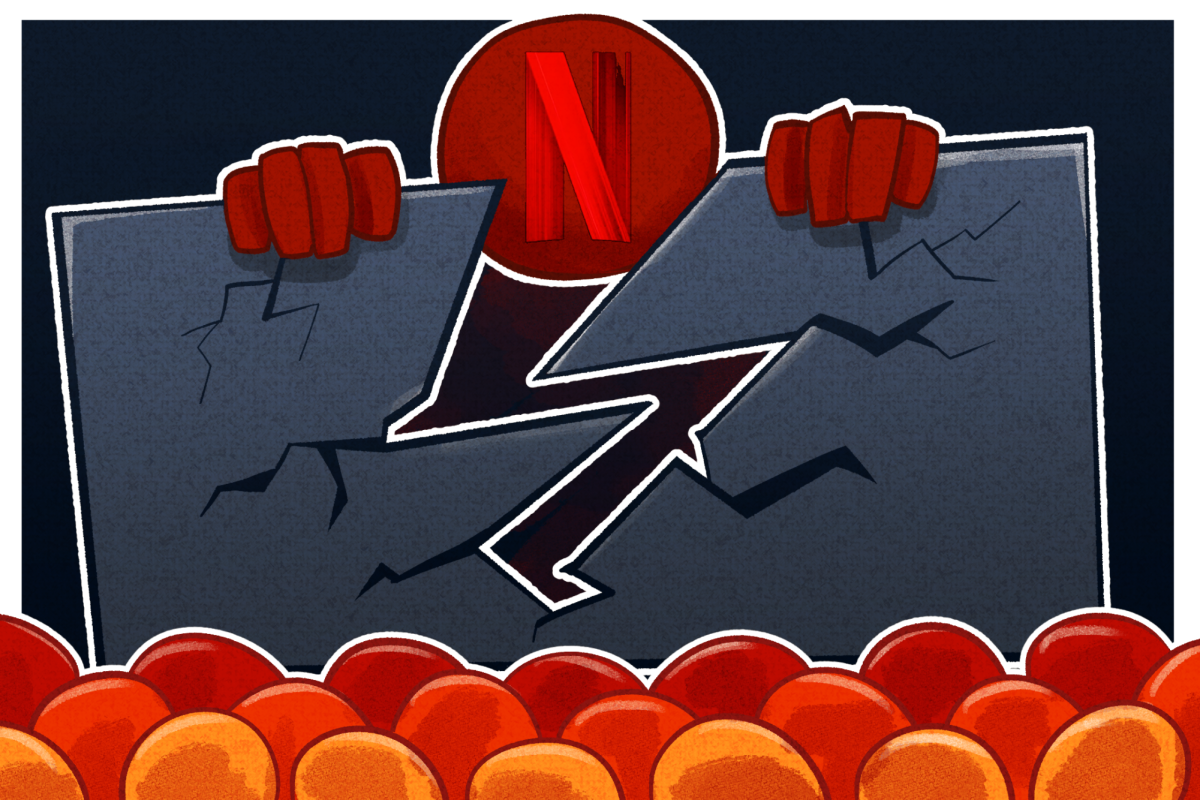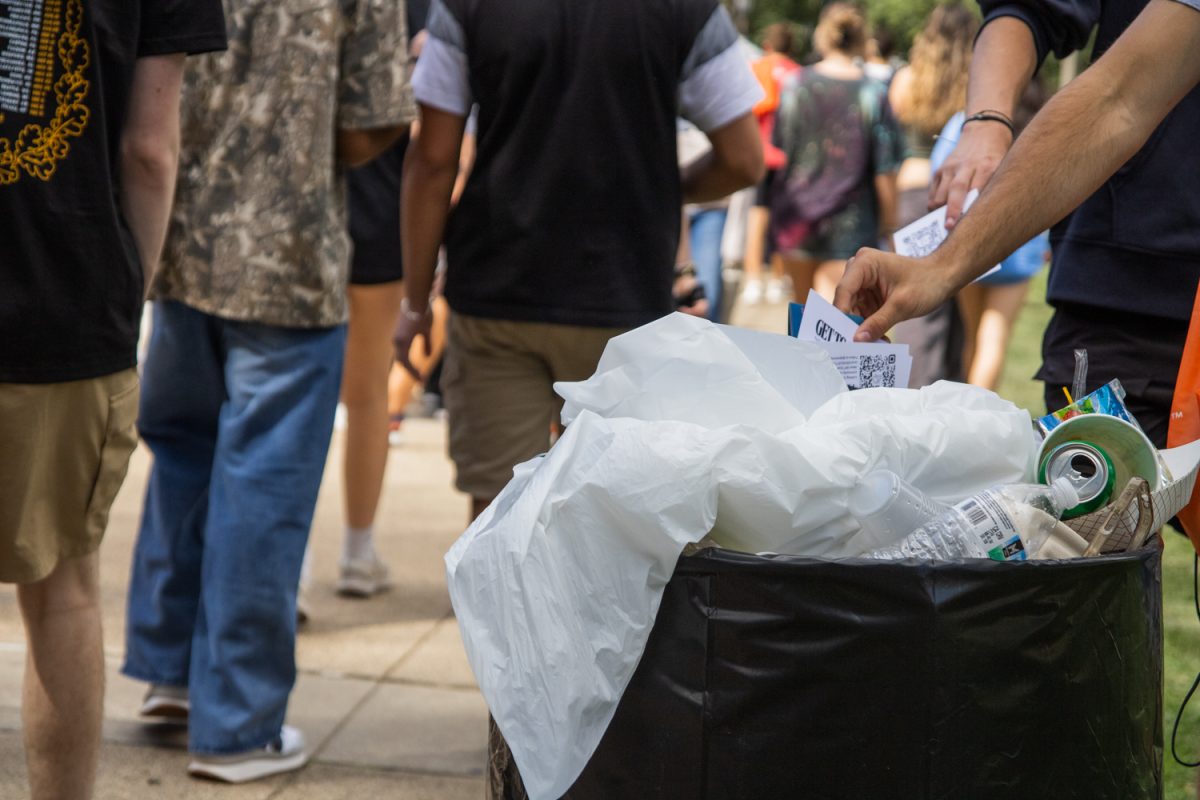I would not consider myself an environmental leader.
I nonetheless applied to the Environmental Leadership Program offered by the Institute for Sustainability, Energy, and Environment. I’ll admit that I applied for purely pragmatic reasons, curious about corporate sustainability and networking opportunities.
But after collecting a bazillion business cards, some sleepless nights sending emails and looking through Excel spreadsheets and graphs of S&P 500 returns and saying “divestment” roughly 500 times, one single thought remains: “What was I thinking?”
The eight-week program has three components: guest lectures about sustainability, working with a group on a state or local environmental issue and, instead of having a spring break, embarking on culminating group trips to the capitol and a newly added corporate sustainability component in Chicago.
I decided to work on House Bill 5268, which, according to the Illinois Environmental Council, “would require the University to follow through with its commitment to divest the University of Illinois System and the UI Foundation from the fossil fuel industry.” I was responsible for making the financial argument for divestment, given my background in economics.
Get The Daily Illini in your inbox!
Students have been fighting for divestment since 2008. The University has committed to divest by fiscal year 2025 — according to objective 9.1 of the Illinois Climate Action Plan — but has not taken discernable steps to do so, save for investing in an ESG mutual fund. Its myriad investments in fossil fuel companies, held in externally managed funds, totals some $120 million dollars, according to toriis.earth, a website created by Students for Environmental Concerns that outlines the University’s corporate bond holdings.
This effort was spearheaded by Rudy LaFave, junior in ACES, who worked to file this bill last summer with members of the IEC, chiefly Ariel Hampton and Jennifer Walling, who are wonderful people and helped me realize that “lobbyist” isn’t a dirty word. Jocylin Sada, senior in LAS; Michelle Weber, senior in LAS; and Michael Gergeni, sophomore in LAS, also championed the bill.
The ELP was not designed for students to create bills and campaign against the University, of course. Within the state bill component, students are expected to research an existing state bill and set up some in-person meetings with Illinois state representatives to advocate for that bill during the legislative session. Through this, students get a feel for how the legislative process works.
However, for HB 5268, which was anomalously driven by students, meeting legislators was a matter of life or death, in a way. The onus was on us to get the word out about this bill and represent it in a way that our chief co-sponsors Rep. Will Guzzardi and Rep. Carol Ammons simply could not.
Our bill directly impacted the University; every day at the capitol was a mission.
By a stroke of luck, Tim Killeen, president of the University of Illinois System, was also in town. It became paramount for our team to get an audience with President Killeen, and we did — twice. It was surreal. We asked some pointed questions about divestment and he commended us for our passion, leaving the door open for us to make our case in a later meeting.
Historically, the board of trustees hasn’t been very receptive to student calls for divestment — but now we’re being offered a seat at the table.
In this David versus Goliath situation, the ELP experiential field trip occurring at the same time as the Illinois public higher education reception that Killeen attended was an incredibly lucky slingshot hit. Similarly miraculous was that our bill was assigned to a substantive committee on the day that we arrived at the capitol.
Being in this program and physically being in the capitol was crucial in moving our bill along. I’d say we now have a good shot at finally bringing divestment to Illinois. It was certainly an eventful two days. But that was really just the beginning; laying the groundwork for a long fight ahead.
I realized that advocating for divestment was a fairly universal position. It even became a running joke within our cohort that whenever someone yelled “divestment,” everyone would cheer.
Every day, I was inspired by my “bright-eyed” cohort as well as the ever-helpful adults, Kratika Tandon, senior in LAS; Paul Gharzouzi, graduate student studying civil engineering; and program advisor Eric Green. And I’ll cherish the opportunity I was given to meet environmental lobbyists, financial analysts and legal experts who were dedicated to “public interest” and environmental advocacy.
I spent four days surrounded by people who were engaged in causes that were good and noble and it made me realize that there’s something magical and exciting about it.
Divestment is just one of these causes. I’m grateful that I could play a role in a movement rooted in a decade-and-a-half of history and to be one of the hundreds of students across universities in North America who are fighting for the same thing.
You could be one, too. Our bill will be heard before the Higher Education Committee on March 21. You could sign a witness slip and be a part of a grand legacy. You could call your congressperson and say that you’re an advocate for HB 5268.
I’m obligated to say it: Go green or go home.
Raphael is a sophomore in LAS.



